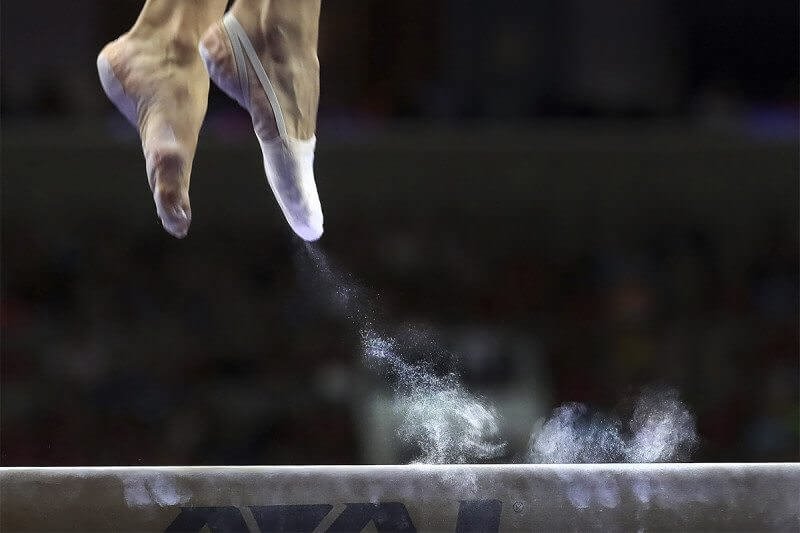Think cheaters never prosper? Lance Armstrong won the Tour de France seven times. Manny Ramirez won two World Series championships. Ben Johnson won an Olympic gold medal.
…
Sure, officials eventually figured out that Armstrong, Ramirez, and Johnson used prohibited performance-enhancing drugs (PEDs) and penalized them accordingly. However, countless others get away with it. And in the not-so-distant future, athletes could cheat in a way that’s even harder, if not impossible, to detect.
…
[A] scientist could use instruct a virus to insert a gene that encourages the body to produce the protein erythropoietin (EPO). EPO helps deliver oxygen to tissue, which is why athletes have injected it for years to improve their performance. Detecting injected EPO is simple, which is why athletes subjected to doping tests may avoid it. But detecting excess EPO the body produced on its own? Much harder to do.…
Unlike genetic modification, which involves adding genes, gene editing focuses simply cutting and pasting of the genes an organism already has. A gene-edited athlete wouldn’t have any added genes for officials to find.
…
For some athletes, the potential downsides of gene doping may seem worthwhile if it could help them achieve glory. And for now, we don’t have an effective plan to stop them.
Read full, original post: The Next Revolution of Sports Cheating: Rewriting Athletes’ Genetic Codes































